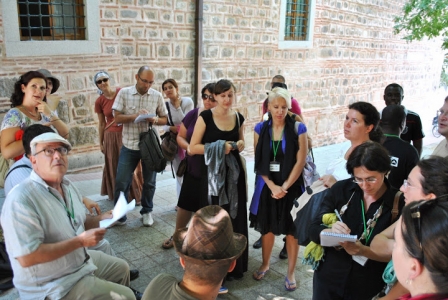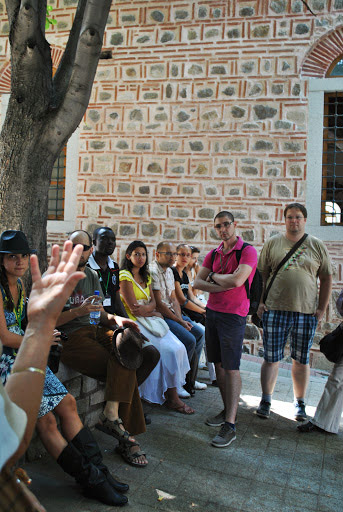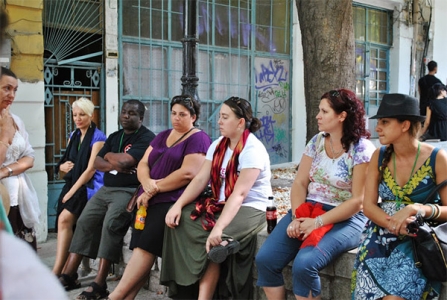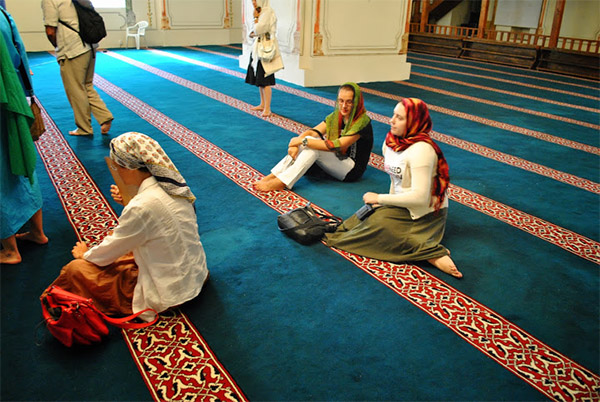August 10-23, Plovdiv, Bulgaria
The organizers of the 2013 Balkan Summer School on Religion and Public Life (BSSRPL) on Syncretic Societies: Bridging Traditions and Modernity? proceeded from the idea that religion and religious identities are central to the lives of both individuals and society, and that our religious communities are often those to which we devote our greatest loyalties. In our diverse but increasingly interconnected world, we need to find ways to live together in a world populated by people with very different political ideas, moral beliefs, and communal loyalties.
“I learned not to judge those who are different.”
(Fellow, 2013)
The Balkan Summer School takes up this very real challenge and tries to define differences critically, especially communal and religious differences, as the starting point of a publicly shared life. Its basic aim is to help participants realize their prejudices and question their assumptions. For centuries, if not millennia, the Balkans have been characterized by a diverse and complex mixture of religions, nations and ethnicities; orthodoxies and heterodoxies; normative and subaltern beliefs; and practices and ways of life. From medieval Bogomiles to early modern Sabbateans, from the ancient cult of Dionysius to contemporary Bektashi, the Balkans has been a place of religious contestation and innovation. Not surprisingly, it has also been a cauldron of different forms of religious syncretism, with fractal boundaries between communities and a strong “lived” or practical tolerance of shared practices (rather than of homogeneous beliefs). As in many other global spaces, this culture came under the assault of modern ideological agendas (nationalism, communism, fascism, liberal-secularism, etc.) with serious consequences for the practices of shared life that characterized more traditional communal life-worlds.
The 2013 summer school explored the issue of religious syncretism in the Balkans and elsewhere as a unique way of accommodating difference. Inquiry into religious syncretism as lived practice in the area of the Rhodope Mountains and the Thracian plain around the Bulgarian city of Plovdiv served as the lens of our inquiry.









